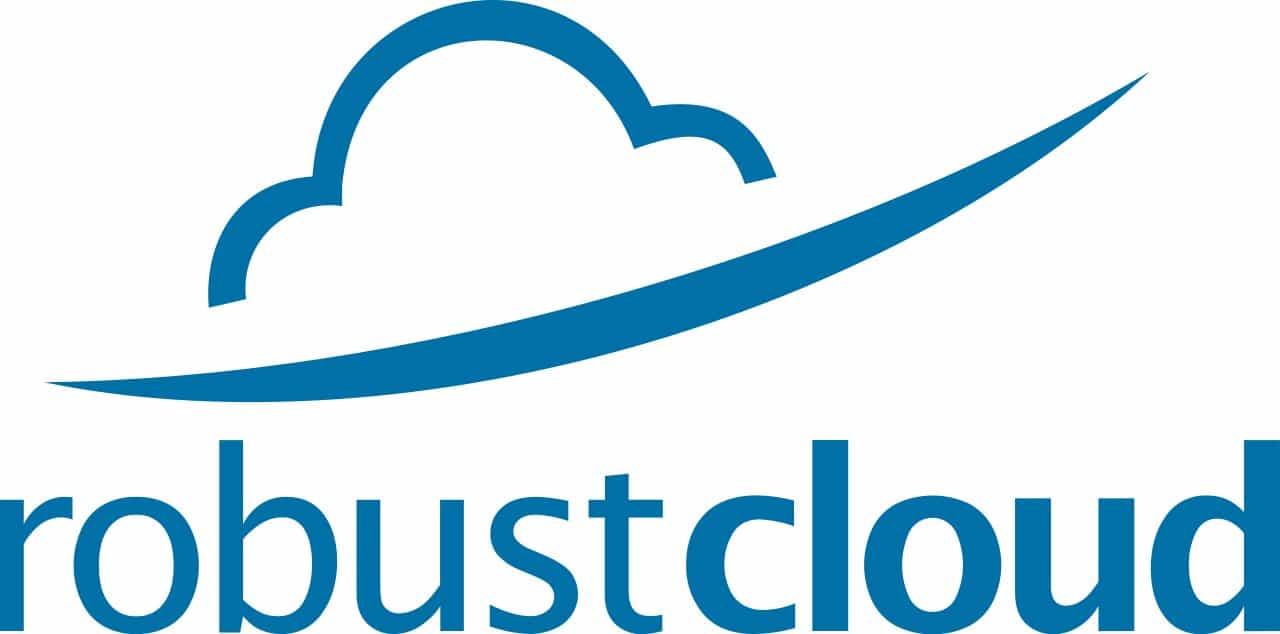The growth of smart mobile devices has led to a simultaneous advance of social gaming. Game developers are taking advantage of this trend by building popular products that resonate with youth. Not surprisingly, Facebook has enabled the social component of gaming by allowing their platform to be used via APIs.
Companies like Joyent act as cloud service providers specifically targeting Facebook game developers with a niche solution. For example, an immensely successful social game called Candy Crush Saga recently surpassed Angry Birds to become the most popular game. This shows that consumerization of IT opens opportunities to anyone with a great concept who can quickly assemble and deliver a solution that can scale to demand.
In enterprise IT environments, you can see similar developments affecting Managed Service Providers. For example, Joyent delivers infrastructure cloud services for companies like King (the developer of Candy Crush Saga) for game delivery. The IT ecosystem has to change with services delivered in an easy to use manner that simplifies consumption, since assembling a cloud solution from multiple services requires deep expertise. However, MSPs can fill these needs similarly to how they support social games produced and delivered to consumers.
In fact, MSPs can take advantage of similar, broader concepts that affect the entire business IT ecosystem. Modern cloud solutions offer a combination of integrated services, but with a multitude of services available, customers need a trusted provider to act as a cloud services broker providing them with an aggregation point for service consolidation. Some companies create this discipline internally, but many more will outsource this work to trusted MSPs. We believe cloud service brokerage will be a hot topic, as it promises to ease cloud adoption by enterprises.
As enterprise cloud adoption grows, enterprise grade cloud services will play major roles, so MSPs must develop the ability to deliver such services to their customers. On the other hand, vendors must also adjust in order to deliver their products through API services. IBM’s Watson has been popular (since it won the Jeopardy! competition), but the size of the market for an on-premise solution like Watson is small.
Recently, IBM CEO Ginni Rometty said, “We’ll launch an ecosystem where Watson is a service and you build applications around it.” This demonstrates the changing nature of the enterprise IT ecosystem. In a matter of time, we believe IT vendors will be offering most of their products as a service. Converged systems delivered by Cisco, Dell, HP, IBM, Oracle and VCE will be vying for the attention of MSPs. Several of these vendors are already offering a “pay as you go” model to attract MSPs.
While companies provide their products as services delivered using APIs, cloud service brokers (internal and outsourced) will need to reliably deliver these services to consumers and employees. To assist them, several companies are providing API management products including: Apigee, CA Technologies/Layer7, IBM, Intel/Mashery, MuleSoft and SOA Software. As consumers choose among these offerings, MSPs will evaluate the customer’s product portfolio and support appropriate API management products that help differentiate their product from the competition.
Players in the IT ecosystem face challenges as they move towards becoming an MSP. IBM is holding an MSP summit in conjunction with their Edge conference in Las Vegas June 10-13, 2013. You can ask questions or share comments here. I will address topics with most responses at my session on June 12th at 4:30 pm.
